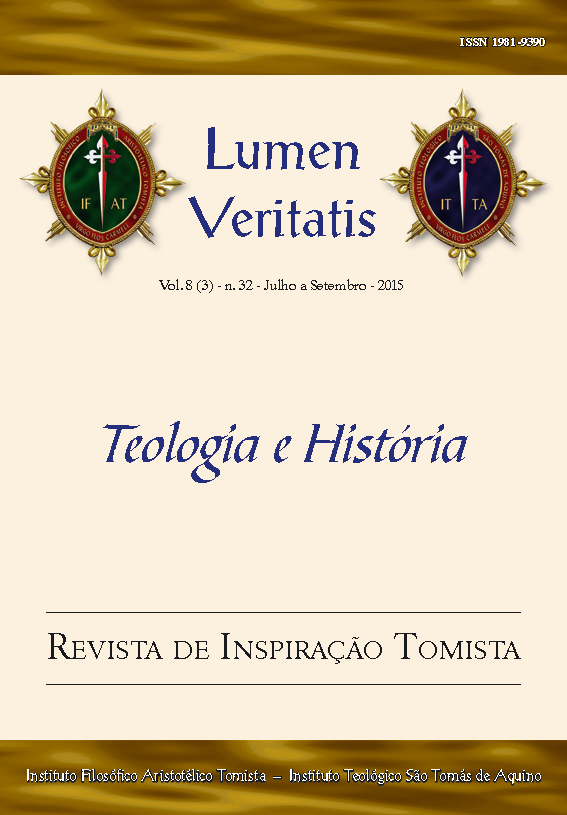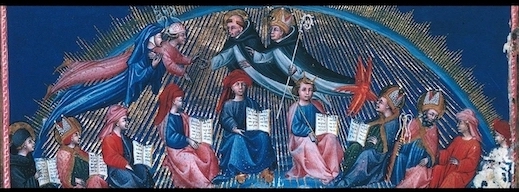O que deve o Renascimento do século XII à "ciência platônica"?
Palavras-chave:
Renascimento, século XII, platonismo, ciência, razão, Renaissance, twelfth century, Platonism, science, reasonResumo
A existência de um Renascimento no século XII, isto é, de um renovamento na forma de pensar e interpretar o mundo — que teria seu auge na Escolástica do século XIII — é fato hoje em dia amplamente aceite. Este artigo pretende apurar alguns aspectos da “ciência platônica” enquanto propulsora da corrente científica da Escolástica, em face da concepção estereotipada que tem em Aristóteles o iniciador desse renouveau. De fato, os primeiros passos para a concepção de um universo racional, regido por leis matemáticas, não se devem tanto ao Estagirita, mas ao platonismo dos séculos XI e XII na sua interpretação do Timeu, protagonizada especialmente pelos mestres de Chartres. /// The existence of a twelfth century Renaissance, that is, of a renewal of the way of thinking and interpreting the world—which would reach its apex in thirteenth century Scholasticism—it’s a widely accepted fact these days. This article seeks to find out some “platonic science” aspects, as boosters of the scientific branch of Scholasticism, in face of the stereotyped notion that takes Aristotle as the initiator of this renouveau. Actually, the first steps for the conception of a rational universe, governed by mathematical laws, owe not so much to the Stagirate as to eleventh and twelfth century Platonism in its interpretation of Timaeus, protagonized especially by the masters of Chartres.Edição
Seção
Articles






